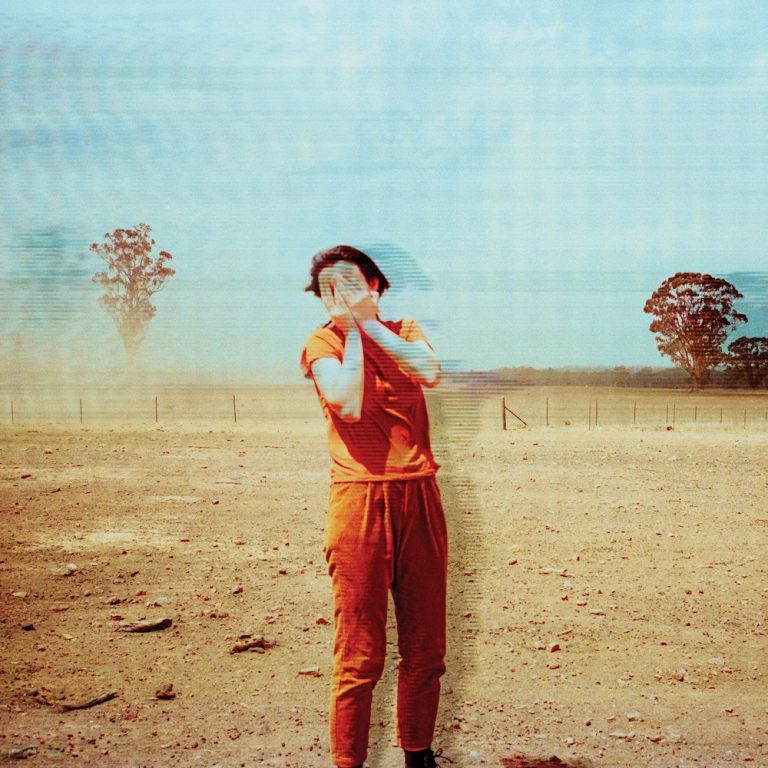Written amidst upheaval on a personal and national scale, the new album from Australian Sophie Payten offers a starkly beautiful reimagining of the sound she explored on 2017’s Reservoir, her debut album as Gordi. That same year, she ended a long-term relationship and made sense of her sexuality (coincidentally against the backdrop of marriage equality passing in Australia), her grandmother died, and she found new love. The effect of all these fundamental shifts in how she saw herself and the world around her was profound, and that seismic impact bled into Our Two Skins, an album all about remaking herself.
A reckoning and reinvention set to music, Payten’s second album finds her stripping her music down to its essentials. Her knack for melody is perhaps even more apparent than before, brought out in unexpected ways thanks to the challenge she set for herself when writing the album. In the isolated surroundings of Canowindra (about 200 miles west of Sydney), she limited herself and her collaborators Chris Messina and Zach Hanson (Bon Iver, Big Red Machine, Hand Habits, Waxahatchee) to a few chosen instruments and studio tools. Working with them, Gordi has created an album that thrives on sonic minimalism; it sounds raw and refreshingly unpolished, in keeping with its subject matter.
Our Two Skins opens in medias res, with her going to pieces in an “Aeroplane Bathroom”; the beginning of a new chapter in her life momentarily too much to handle. “Do you see yourself unravelling?” she asks, a question that resonates throughout the record as a whole – it’s a document of a person trying to hold themselves together, and the pared-back nature of the album’s 10 songs is intentional. This emotional openness is also evident in “Sandwiches”, which tackles the loss of her grandmother, as Payten takes comfort in the memories she left behind, seeing her relative in everything as a way to combat her grief. “Unready”, meanwhile, taps into the rush of new love; even as she struggles with the unfamiliarity of it all, Payten’s voice masks those sensations with a confident vocal turn.
On the album’s more subdued songs, such as “Aeroplane Bathroom” and mid-album highlight “Radiator”, she conjures up an atmosphere that’s intimate – bordering on voyeuristic. But, that intimacy is one of the record’s greatest strengths; busier arrangements would have no doubt softened the blows struck in these songs. The self-lacerating “Volcanic”, where Payten admits her faults to her new lover (“Am I burning myself out to keep your interest piqued?”), benefits from a focus on the song’s essence – namely, piano and background percussion – as it gradually builds to a double-time peak. “Extraordinary Life” is one of the record’s most uplifting moments, with the totality of Payten’s love in full view: “The way I need you now is more than to survive.”
Our Two Skins is pockmarked by loss, grief and questioning, but it’s also about how all these experiences make us stronger. Though it opens with a startling display of vulnerability, it ends with acceptance. “Is it dangerous to love you like I love you? / I just don’t know how to love you better,” Payten sings on the closing track “Free Association”, wrapping things up with the cathartic release that the record has been building toward. It’s an admission that she’s on a path of continuous growth, and she’ll work things out – as the past three years have shown, she’s quite good at that. Her second album is an unpretentious thrill, the nature of its creation inextricably linked to its lyrical outlook, made by a woman who’s been through the wringer but has emerged from a period of turmoil daringly and undoubtedly herself.


